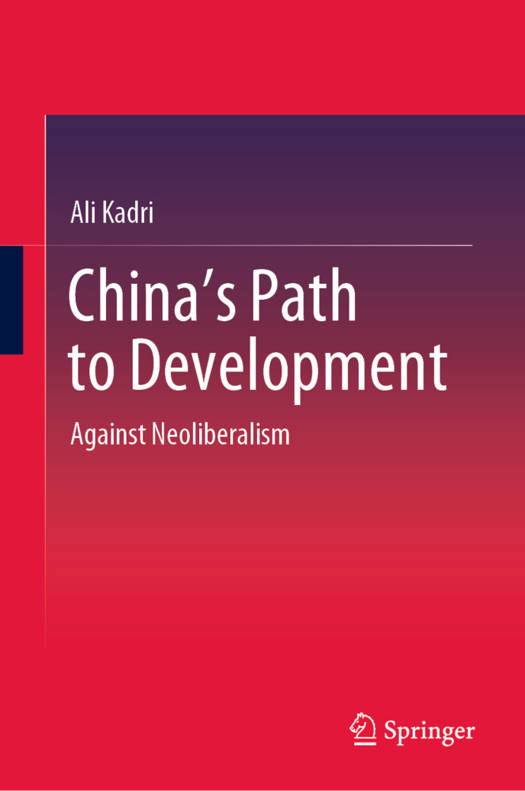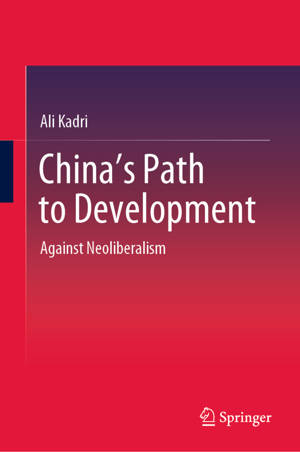
En raison d'une grêve chez bpost, votre commande pourrait être retardée. Vous avez besoin d’un livre rapidement ? Nos magasins vous accueillent à bras ouverts !
- Retrait gratuit dans votre magasin Club
- 7.000.000 titres dans notre catalogue
- Payer en toute sécurité
- Toujours un magasin près de chez vous
En raison de la grêve chez bpost, votre commande pourrait être retardée. Vous avez besoin d’un livre rapidement ? Nos magasins vous accueillent à bras ouverts !
- Retrait gratuit dans votre magasin Club
- 7.000.0000 titres dans notre catalogue
- Payer en toute sécurité
- Toujours un magasin près de chez vous
125,95 €
+ 251 points
Description
This book investigates how China represents an alternative development model to neoliberalism. It provides a novel critique of neoliberalism, and contrasts recent neoliberal development recipes with a selection of Chinese development policies to underline their stark differences. As China rises and the US ebbs, it is timely to inject anti-mainstream ideas into the development debate that may make for better development policies. The purpose of this work is to foist some characteristics of the Chinese model as alternatives to the dominant ideology, providing a critique of bourgeois democracy. This critique pivots on concepts such as bounded rationality, the pervasiveness of unconscious and emotion-ridden patterns in human mental processes, and the fact that powerless and uninformed majorities can easily be manipulated by powerful minorities. The task of grappling with these complex contradictions is difficult, but crucial. The author endeavors to widen the acceptability of the PRCmodel for other peripheral countries - a key and unresolved challenge in substantiating the concrete realisation of socialist democracy in China. An original contribution that is both theoretically and empirically grounded, the book proffers a practical alternative to neoliberalism. It is relevant to students and scholars interested in China, political science and international relations in both the developed and the developing world.
Les avis
Nous publions uniquement les avis qui respectent les conditions requises. Consultez nos conditions pour les avis.







